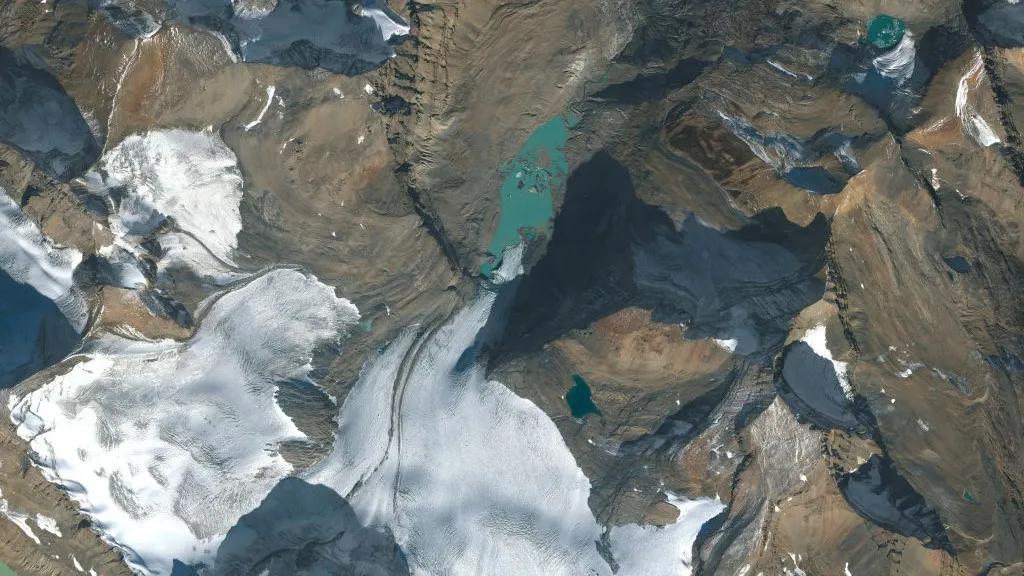
North America & Europe’s Glaciers Lost Unprecedented Ice in 4 Years: Study
In a shocking revelation, a recent study has found that glaciers in Washington, Montana, British Columbia, Alberta, and the Swiss Alps lost an unprecedented amount of ice between 2021 and 2024. The study, published in the journal Geophysical Research Letters, reveals that the glaciers in these regions experienced a significant shrinkage, with some losing up to 13% of their mass in just four years.
According to the study, the glaciers in the US and Canada lost an average of 24.5 billion tons of ice per year, while the Swiss Alps glaciers lost approximately 1.7 billion tons annually. This dramatic loss of ice is not only alarming but also unprecedented, as it is twice the amount recorded from 2010 to 2020.
The study, which analyzed data from 2021 to 2024, used satellite imagery and field observations to track the changes in glacier mass. The researchers found that the glaciers in North America and Europe are experiencing an accelerated rate of melting, which is attributed to rising temperatures and changing precipitation patterns.
The findings of the study have significant implications for the global climate and the environment. Glaciers play a crucial role in regulating the Earth’s climate, and their melting can have far-reaching consequences, including sea-level rise, changes in ocean currents, and altered ecosystems.
The study’s lead author, Dr. Tom P. Wagner, from the University of Colorado Boulder, said, “The rate of glacier mass loss is accelerating, and it’s happening much faster than we anticipated. This is a clear indication that the climate is changing, and we need to take immediate action to mitigate its effects.”
The researchers used a combination of satellite data and field observations to track the changes in glacier mass. They analyzed data from the Advanced Spaceborne Thermal Emission and Reflection Radiometer (ASTER) and the Landsat 8 satellite, which provided high-resolution images of the glaciers. They also conducted field observations in the Swiss Alps and used ground-penetrating radar to measure the thickness of the glaciers.
The study found that the glaciers in the US and Canada are experiencing an average annual mass loss of 24.5 billion tons, which is twice the rate recorded from 2010 to 2020. The Swiss Alps glaciers, on the other hand, are experiencing an average annual mass loss of 1.7 billion tons.
The researchers attribute the accelerated rate of glacier melting to rising temperatures and changing precipitation patterns. They found that warmer temperatures are causing the glaciers to melt from above, while changes in precipitation patterns are affecting the glaciers’ ability to accumulate snow.
The study’s findings have significant implications for the global climate and the environment. As glaciers melt, they contribute to sea-level rise, which can have devastating consequences for coastal communities and ecosystems. Additionally, the loss of glaciers can alter ocean currents and affect global weather patterns.
The study’s authors are urging policymakers and governments to take immediate action to reduce greenhouse gas emissions and mitigate the effects of climate change. They are also calling for further research into the effects of climate change on glaciers and the development of strategies to protect these natural wonders.
In conclusion, the study’s findings are a stark reminder of the urgent need to address climate change. The accelerated rate of glacier melting in North America and Europe is a clear indication of the devastating effects of climate change, and it is imperative that we take immediate action to mitigate its effects.
Source:
https://agupubs.onlinelibrary.wiley.com/doi/10.1029/2025GL115235






